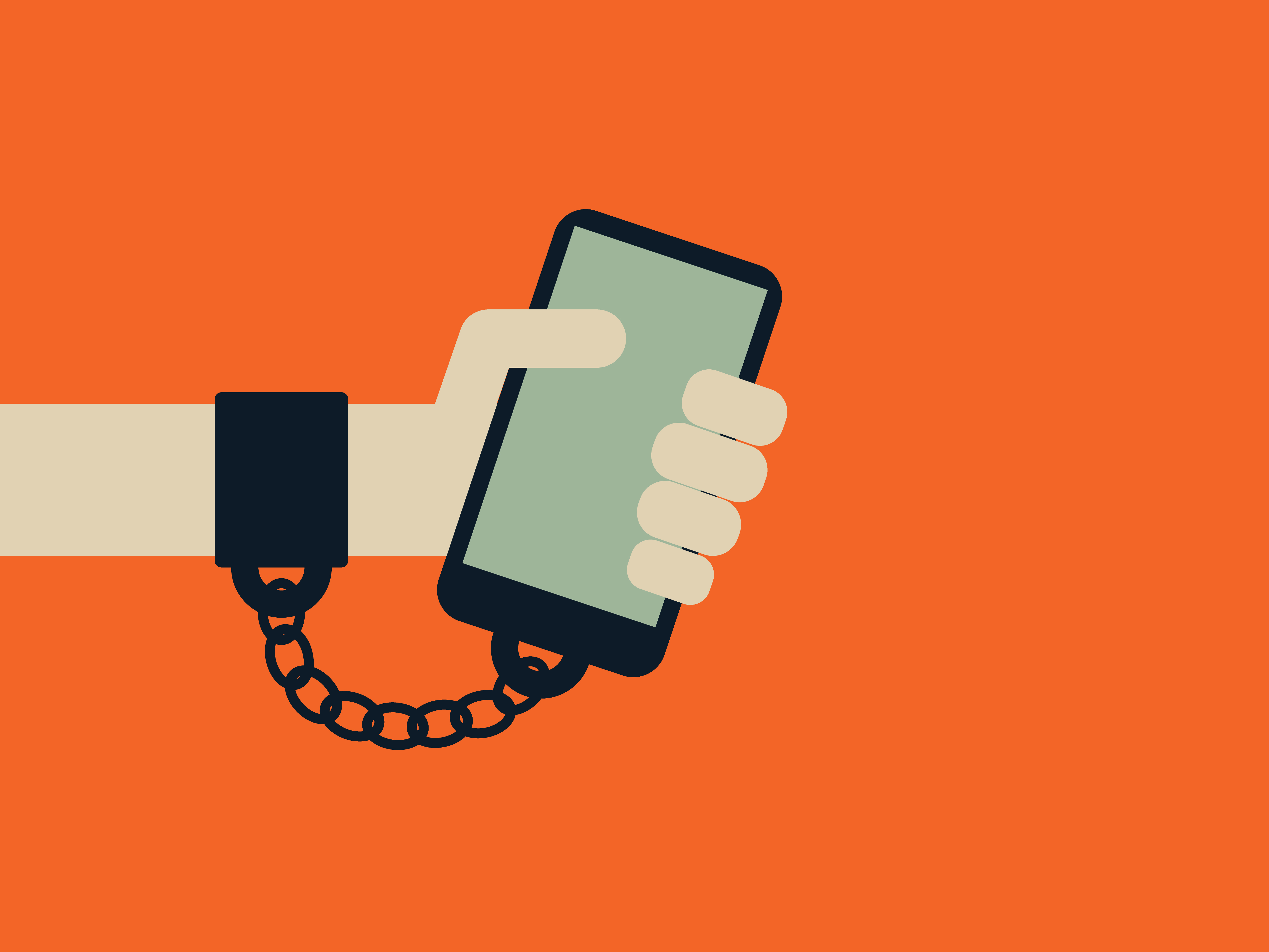
Smartphones are in pockets, bags, and for some people, under their pillows at night. Most Americans have a smartphone. About 95 percent of teenagers and the people below 50 they say they have one.
For many people, smartphones are a convenience. But for phone addicts, they can feel like an obsession. There are apps to browse, games to play and websites to browse. One in five American teenagers, for example, say they use YouTube “almost constantly,” and more than half say it would be difficult to stop using social media.
The smartphone addiction debate
Researchers are studying smartphone use to determine when a person is addicted and how it can damage their mental health. Scientists disagree on how to define smartphone addiction or whether it qualifies as an addiction. But they can agree on one thing – excessive use is harmful to a person’s mental health.
Currently, scientists are not unanimous on whether there is enough evidence to support the existence of smartphone addiction.
Problematic smartphone use
Some researchers use the term problematic smartphone use (PSU) to describe excessive use that can lead to dysfunction in a person’s life.
Dysfunction may include feeling withdrawn when the phone cannot be used due to a dead battery or a situation where it must be turned off, such as attending a wedding.
PSU can also include reckless behavior such as using a smartphone while driving. For phone addicts, dysfunction can mean that smartphone use is severing their connections. For others, regular use may no longer be satisfactory and they need more time on the phone to feel satisfied.
PSU is a daily occurrence for many people. In a 2018 study in Computers in Human Behavior, more than half of the adults surveyed said they knowingly used their smartphone when they should have been doing something else with their time. More than a third said they lost sleep because of smartphone use, and 65 percent said they used their smartphone longer than intended.
(Credit: Motortion Films/Shutterstock)
Generalized internet addiction
But are these signs of addiction? Again, scientists disagree. Without its own definition, smartphone addiction can be categorized under generalized internet addiction (GIA), which was first proposed in the mid-nineties as a type of impulse control disorder.
Latest version of the 2013 Diagnostic and Statistical Manual of Mental Disorders (DSM-5) only lists gambling as a behavioral addiction. Social media, internet and online gaming are not yet considered diagnosable conditions.
Without a structure to work with, the researchers developed a variety of scales in which study participants could self-identify as smartphone addicts. These rocks are still a work in progress and say the critics they need to be better defined.
Despite the lack of agreement or ability to formally diagnose, the scientific literature shows that too much screen time can seriously affect mental well-being.
Smartphones and mental health
When people use social media apps, the phone can feel like a social connection channel. Anxiety can build when the person sees evidence that others are communicating offline without them. People may also develop a compulsion to check social media to maintain social connections and not miss updates or information.
Read more: What is a social media cleanse?
Fear of missing out
in 2004 researchers began using the term Fear of Missing Out (or FoMO) to describe the anxiety that comes from both feeling disconnected and having to constantly check social media to maintain connections.
(Credit: kittirat roekburi/Shutterstock)
FoMO is emotionally draining because one falls into a constant cycle to check their phone for updates. People with FoMO have too reported being distracted from notifications that flash on their phones to alert them to new messages, posts or comments. These interruptions from cues translate into less concentration and productivity at work or school.
In addition to the higher levels of anxiety associated with FoMO, studies have found that too much phone time is associated with “significantly increased risks” of poor sleep quality and depression.
Read more: What is anxiety and how can anxiety defeat us?
Doomscroll
FoMO is also associated with “doomscroll,” seeking behavior in which a person deliberately looks at negative headlines, stories, posts, or photos. One can, for example, scroll through stories about current events such as the pandemic or the invasion of Ukraine. Or they could scroll through more locally based content, such as high house prices in their area.
2022 survey in Applied Quality of Life Research, XYZ found that doomscrolling causes psychological distress and “significantly and negatively” affects life satisfaction, mental well-being, and life harmony.
Although study participants reported habits like losing track of the weather or obsessively refreshing feeds to check for new information, other studies have found that one doesn’t have to spend a lot of time reading bad news to catch a feeling of grief. 2021 survey in Plos One found that negative effects occurred within just two minutes of exposure.
However, the same study found that stories showing people being kind to each other during the pandemic did not turn participants away. The authors conclude that people need to have a better balance in their online information seeking so that the “scroll of doom” is countered by the “scroll of goodness.”
Read more: Audiobooks or reading? To our brains, it doesn’t matter

